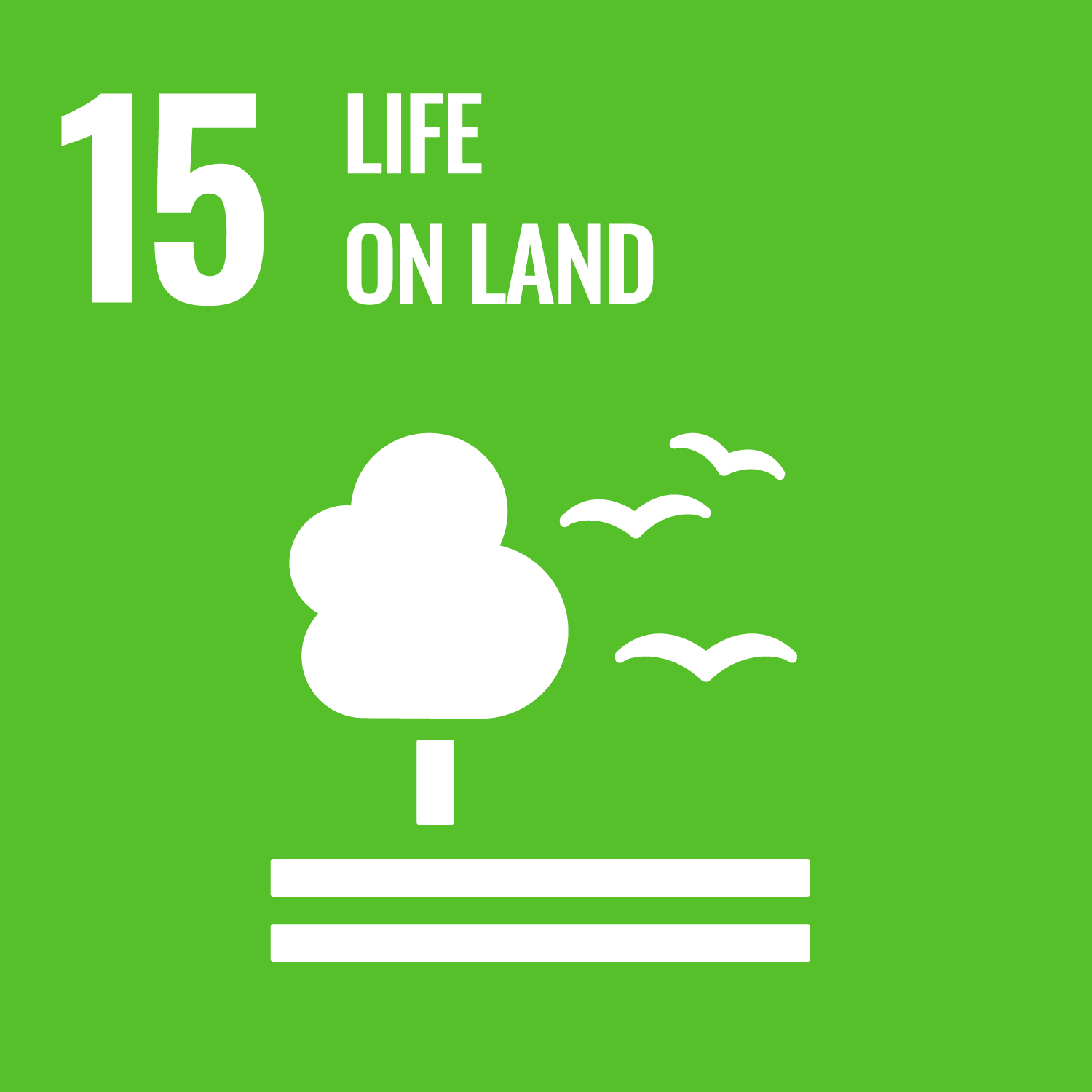In a society where online and offline are highly integrated, the boundary between them must be designed considering human
behavioral characteristics and environmental features to create new experience value. In this exercise, a series of service
design processes, such as problem identification through fieldwork, idea proposal, and prototype verification, will be conducted
as a project.
- Able to perform the research, ideation, and validation process for making design proposals. Master the concept of designing services with diverse stakeholders in mind.
- Able to test and evaluate hypotheses through prototyping.
- Able to present their proposed ideas in a way others can understand.
| Class schedule | HW assignments (Including preparation and review of the class.) | Amount of Time Required | |
|---|---|---|---|
| 1. | Explanation of issues, fieldwork | Literature review and mechanism for finding and resolving inconveniences. | 280minutes |
| 2. | Group work on assigned issues Dig deeper into the inconvenience and present ideas for solutions |
Compile solutions into idea sketches. | 280minutes |
| 3. | Concept check, progress check, idea sketching (individually) | Brush up and further research, devise problem-solving mechanisms, and produce ideas | 280minutes |
| 4. | (Midterim presentation) Summarize and present idea sketches and results of study | Brush up and conduct further research, devise problem-solving mechanisms, and create prototypes. | 280minutes |
| 5. | Prototype production, concept confirmation (individual) | Brush up and conduct further research, devise problem-solving mechanisms, and create prototypes. | 280minutes |
| 6. | Prototyping, creation of presentation materials (on an individual basis) | Preparation for final presentation | 280minutes |
| 7. | Final Presentation | Please submit the revised deliverables after the class. | 280minutes |
| Total. | - | - | 1960minutes |
| Survey planning and analysis of results | Creation of design proposals | Creation of prototype models and validation experiments | Final Presentation | Total. | |
|---|---|---|---|---|---|
| 1. | 10% | 10% | 10% | 5% | 35% |
| 2. | 20% | 5% | 25% | ||
| 3. | 5% | 5% | 10% | 20% | 40% |
| 4. | 0% | ||||
| Total. | 15% | 15% | 40% | 30% | - |
Evaluation will be based on the interim presentation (50%) and the final product (50%). A score of 60 or more will be required
to pass the course. The 60-point level is required a proposal can be explained logically in the final presentation.
| ways of feedback | specific contents about "Other" |
|---|---|
| Feedback in the class |
Since prototyping is required, knowledge and experience in programming, electronics, 3D CAD, and other means of expressing
ideas is desirable.
- Questions and consultations are accepted by e-mail.
- Course that cultivates an ability for utilizing knowledge
- Course that cultivates a basic interpersonal skills
- Course that cultivates a basic self-management skills
- Course that cultivates a basic problem-solving skills
| Work experience | Work experience and relevance to the course content if applicable |
|---|---|
| Applicable | Faculty who have worked in research development and service planning at IT/telecommunications companies plan and guide course. |




- 4.QUALITY EDUCATION
- 9.INDUSTRY, INNOVATION AND INFRASTRUCTURE
- 15.LIFE ON LAND
- 17.PARTNERSHIPS FOR THE GOALS
Last modified : Sat Sep 09 06:14:54 JST 2023
